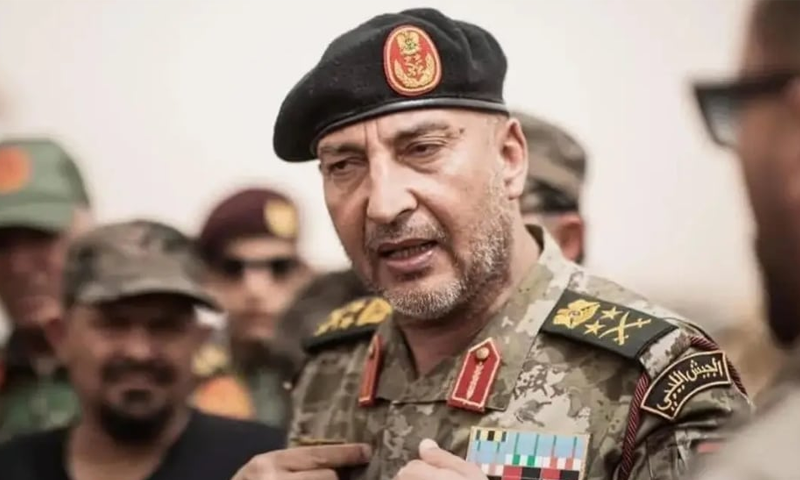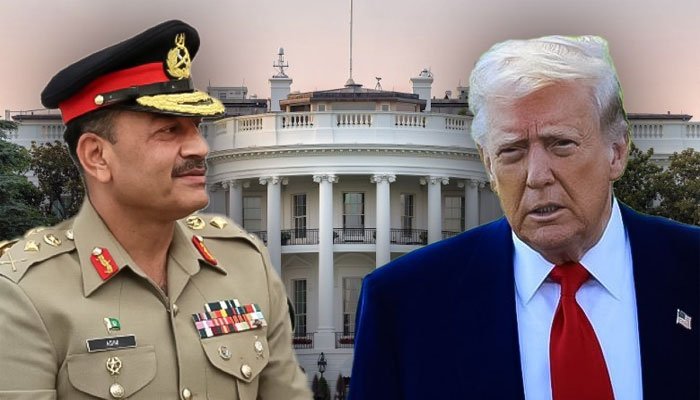“There is no provision in the treaty as drafted to allow such a suspension,” he said.
Indus Waters Treaty Cannot Be Suspended Unilaterally: World Bank. World Bank President Ajay Banga had said last week that the Indus Water Treaty cannot be suspended or modified unilaterally, stressing that any change in the treaty requires mutual consent of both India and Pakistan.
In an exclusive interview with CNBC-TV18, Banga said that the World Bank’s responsibilities are limited to the administrative functions established at the inception of the treaty. He said that the bank does not play any decision-making role in the Indus Waters Treaty and acts only as a facilitator.
“We have to pay the fees of these people through a trust fund that was established in the bank at the time of the treaty. That is our role. We have no role beyond that,” he added. He said that mutual consent of both the countries is necessary for any amendment or suspension of the treaty.
“There is no provision in the treaty as drafted to allow such a suspension,” he said. “It needs to be either terminated, or replaced, and for that, both countries need to agree.”
Banga confirmed that the World Bank has not received any formal communication from either government regarding the new development.
Meanwhile, Pakistan has formally responded to India’s recent communication regarding the Indus Waters Treaty, with the Foreign Office saying the treaty is fully operational and binding on both parties.
In a statement issued on Wednesday, Foreign Office spokesperson Shafqat Ali Khan said that Pakistan has made it clear that any violation of the treaty will be considered unacceptable.
He said the Indus Waters Treaty is a legally binding international agreement and both parties are bound to uphold its provisions.
The Foreign Office spokesperson said that Pakistan reiterated that it would continue to defend its rights under the treaty at all international forums.
Following the attack in Pahalgam, Indian Illegally Occupied Jammu and Kashmir (IIOJK), India suspended the Indus Water Treaty with Pakistan and closed the Attari-Wagah border crossing – a key point for trade and civilian movement between the two countries – with immediate effect.





